the power of story: part one
You are sitting around a campfire, eating half charred brontosaurus steak. Your husband has been dragging you round by the hair all day and you have a headache.
You’re looking forward to some down time.
Bring on the story teller!
He starts on a new tale he calls Fifty Shades of Wooly Mammoth, about a Miss Link who ties up some Neanderthal she’s picked up and gives him a good paddling with a brontosaurus bone.
At last! You feel like you can relax.
Fast forward ten thousand years. We sit down with a good book or in front of the modern campfire storyteller - the TV or DVD - and we still tell ourselves we are ‘switching off.’
In fact, modern science now tells us we are actually switching on.
It seems that from the Stone Age we have all been working on developing what psychologists call “Theory ofMind” – we’re constantly trying to guess what other people are thinking and feeling. Because without that ability we don’t interact very well.
How do we learn to do this?
Through the power of the story.
The tribe’s story teller not only explained the world to us - they helped us understand who we could trust and who we couldn’t.
And nothing has changed in ten thousand years except the medium. Whether it’s film, books or magazines we’re still all working on our theory of mind. Anthropologist and evolutionary biologist Robin Dunbar conducted a study at the University of Liverpool in 1997 and found that social topics accounted for two thirds of conversation among people in public places, regardless of age or gender.
No wonder gossip magazines and other celebrity phenomena remain so popular.
The key value we are talking about here is empathy. In 2004 psychologist Melanie C. Green, from the University of North Carolina, showed that people with high empathic function were more easily engaged in stories. Not everyone has it, it varies greatly from person to person. Some people yawn and stretch when Bambi’s mother dies.
At the other end of the scale there are those who dissolve into tears if you just whisper the name Nicholas Sparks in their ear.
So what is empathy anyway? It is probably best described in that old Joe South song: “Walk a mile in my Shoes.” When you can see the world through someone else’s eyes, you are often better equipped to form good relationships at work and at home.
These studies turn the idea of the socially crippled bookworm on its head. It seems so-called nerds have a better chance of finding lasting love than the archetypal jock or cheerleader - well, at least, once they put their book down. That’s the power of story.
Still, this begs the question: does reading fiction hone social skills - or are socially inclined individuals more likely to seek out narrative fiction?
Can we learn it - or are we born with it?
Research suggests that the instinct to look for relationships is deeply ingrained in most people.
Psychologists Fritz Heider and Mary-Ann Simmel demonstrated this in their classic 1944 study at Smith College; they showed their participants an animation of a pair of triangles and a circle moving around a square and asked them what was going on.
Most responses were along the lines of: “The circle is chasing the triangles.” Almost all respondents attributed personalities and attitudes to the inanimate objects.
Another study by Daniela o’Neill and Rebecca Shultis, at the University of Waterloo in Ontario in 2007, found that a 5 year old can follow the thoughts of an imaginary character - but a 3 year old can’t. So this ability then develops somewhere between three and five.
In other words - about the age a kid learns to tie their own shoes they learn to walk a mile in someone else’s.
Can we do something to improve a kid’s abilities for empathy? The answer seems to be a resounding yes. As you’ll remember from this.
But there’s more; and on Friday I’ll talk about the responsibilities that come with good story-telling - not only for writers but for readers as well …
[youtube http://www.youtube.com/watch?v=ov9fjaRZT4E&w=420&h=315]
I hope you enjoyed my post. And because I want to see you all back here regularly, I am offering a free copy of Looking for Mr. Goodstory to anyone who joins my blog! It’s a collection of my favorite blog posts over the last six months – all you have to do is join up, then write to me at colin underscore falconer underscore author at hotmail dot com. I’ll send you a copy as a mobi Epub or PDF file!

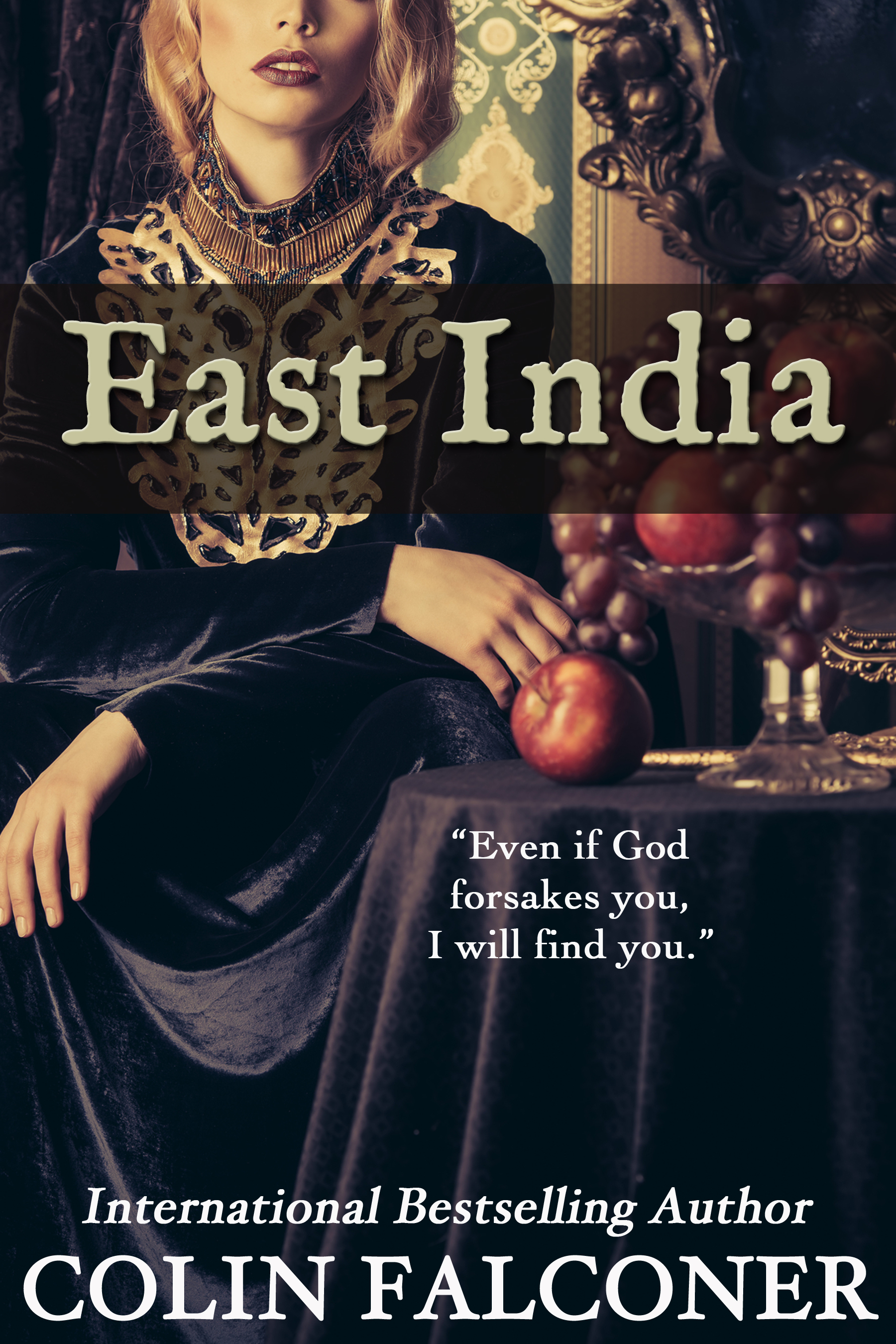
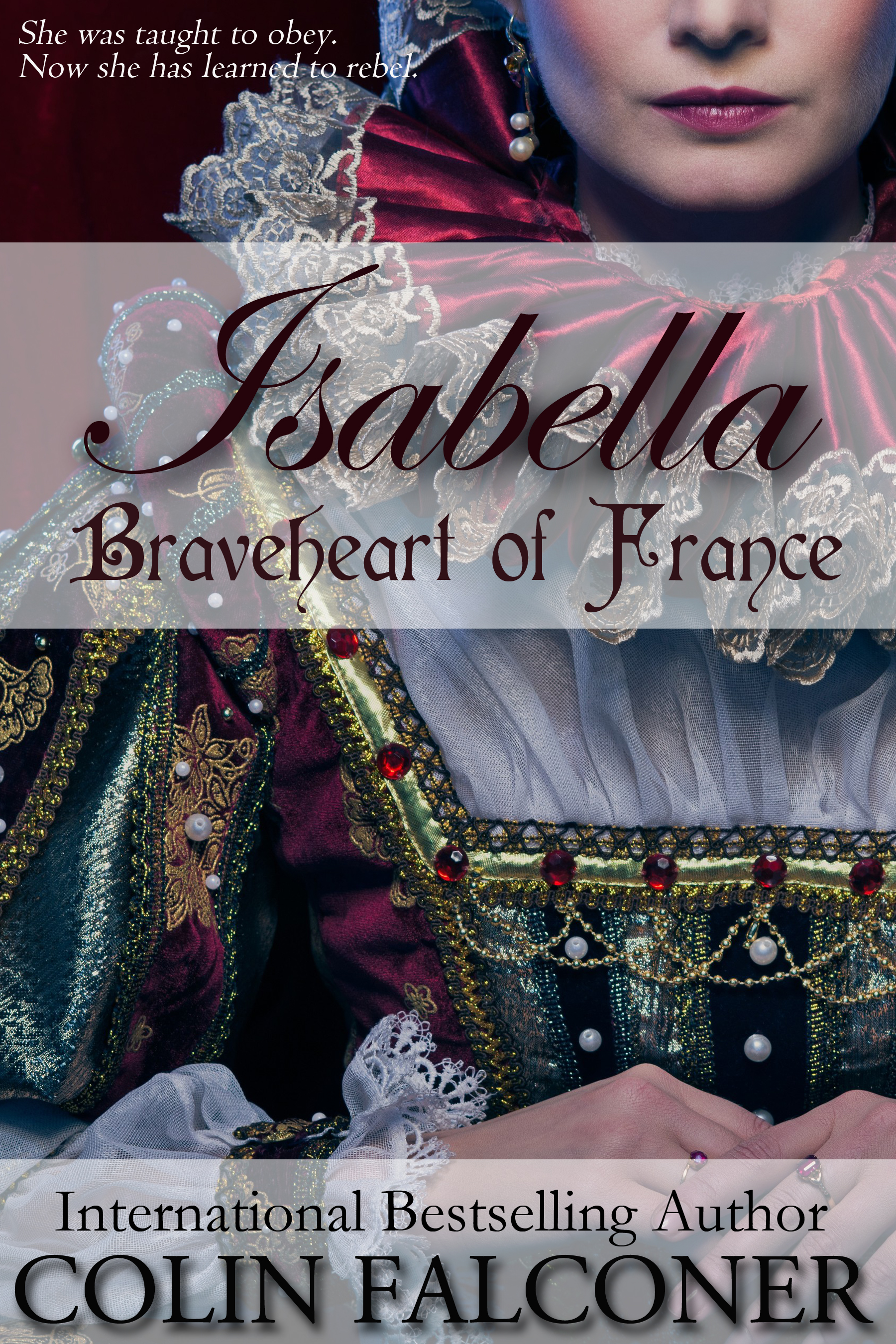
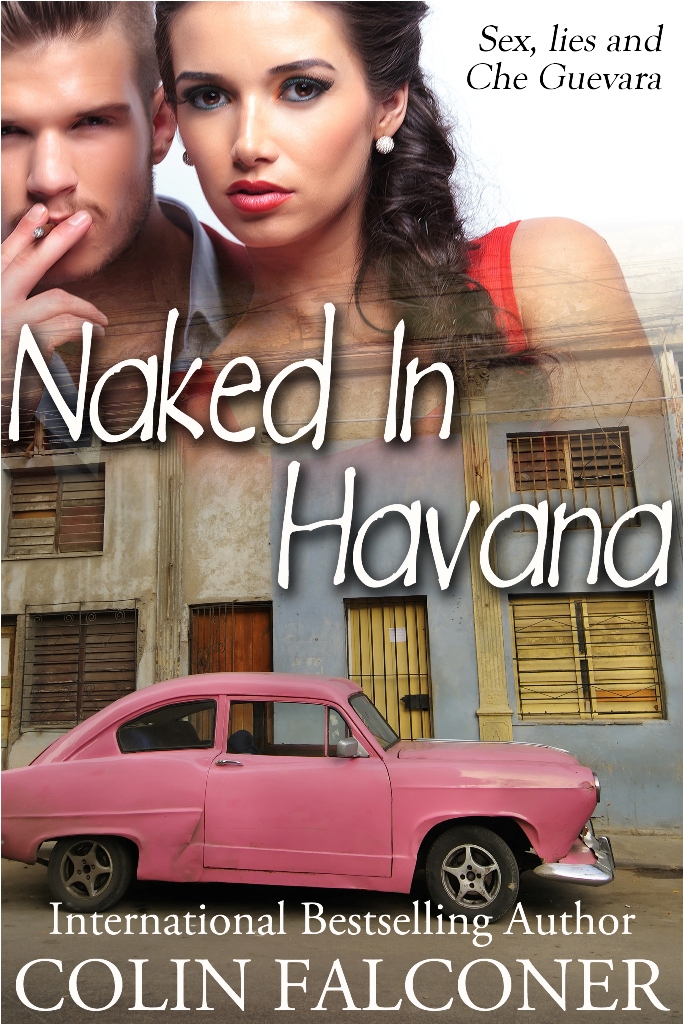
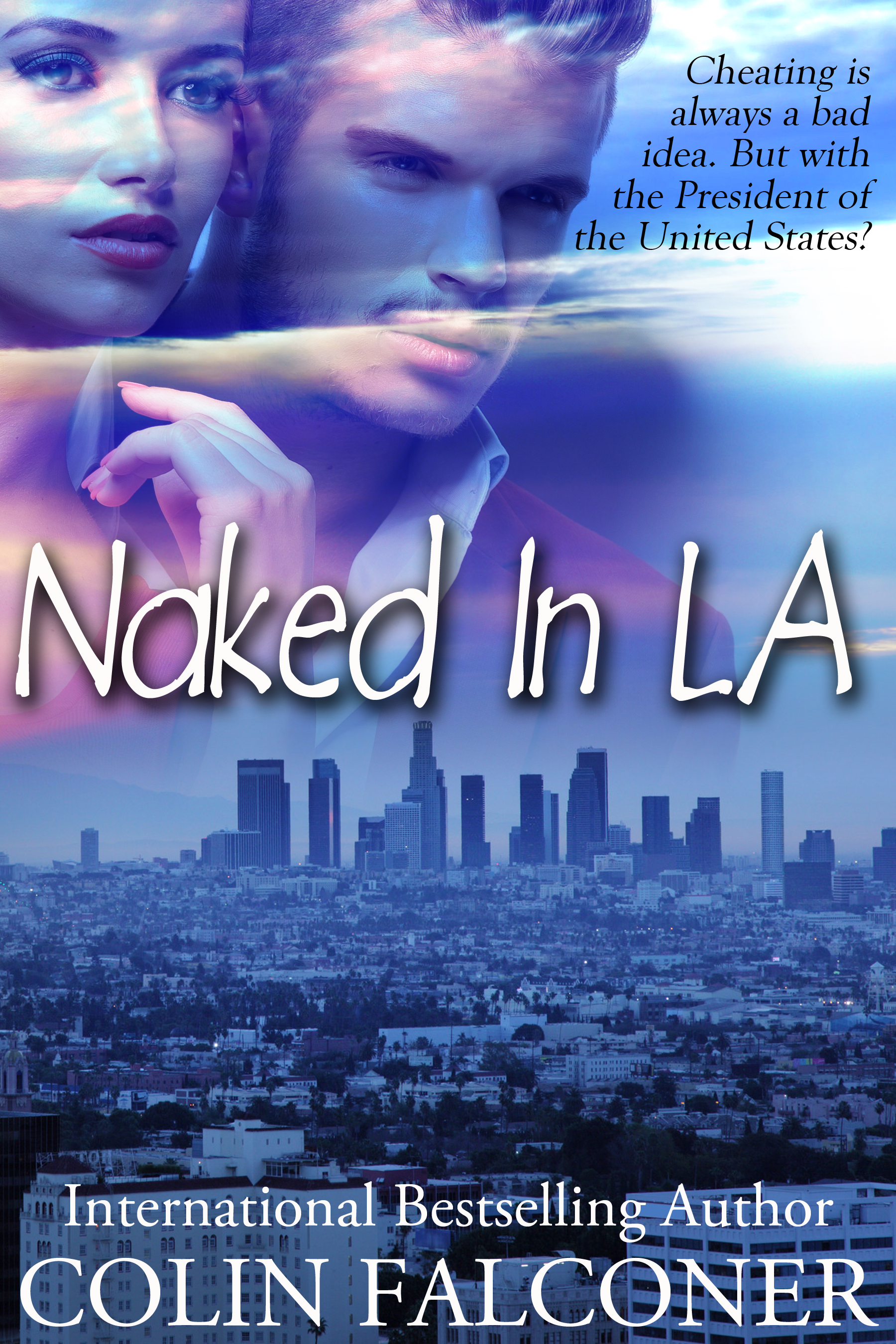
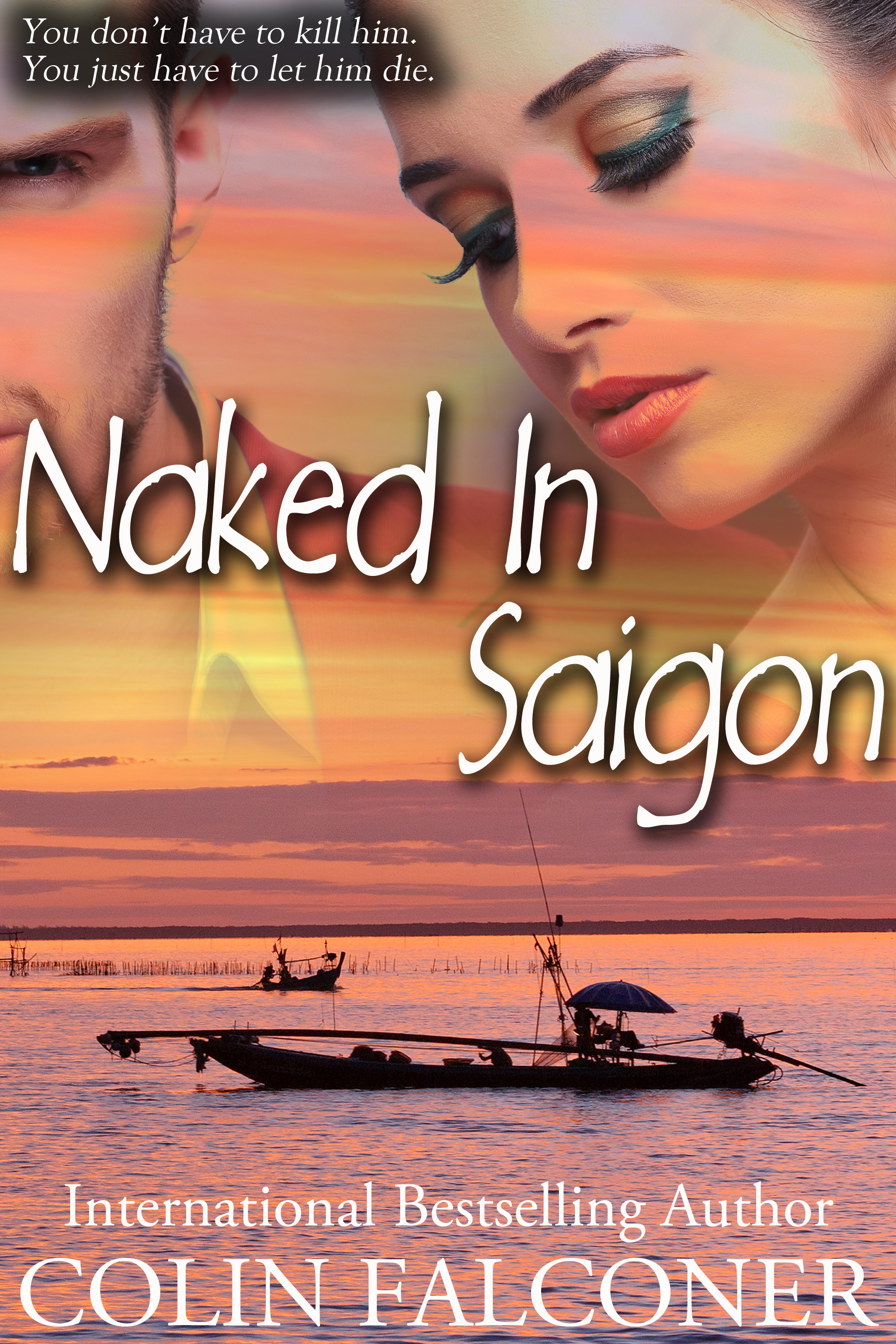
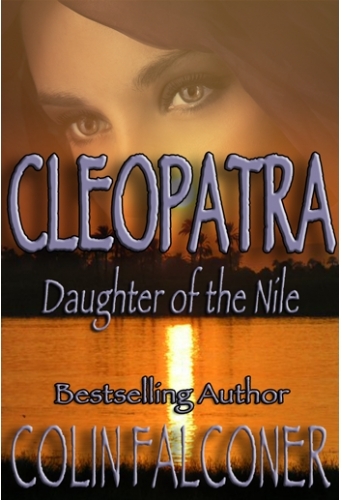
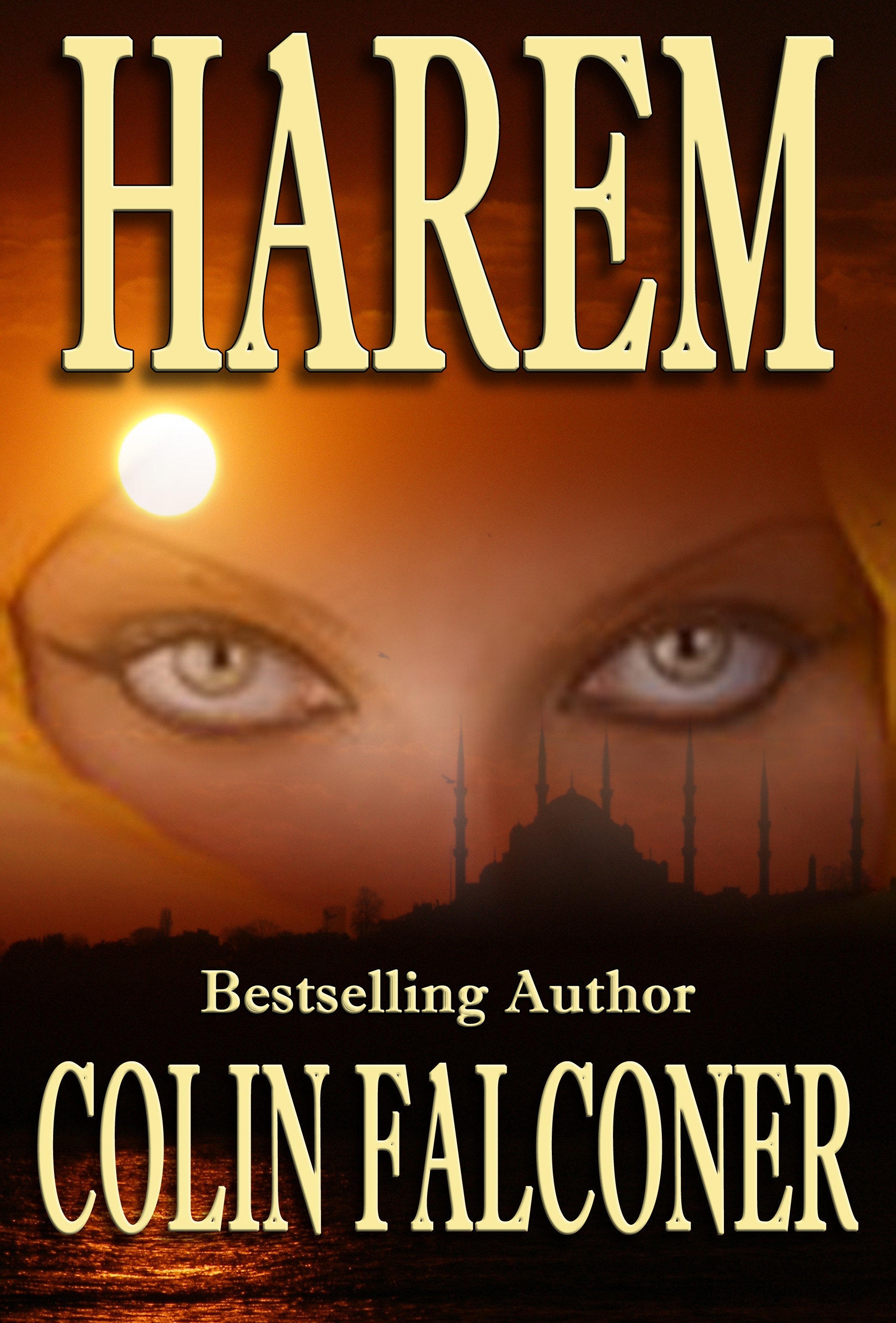
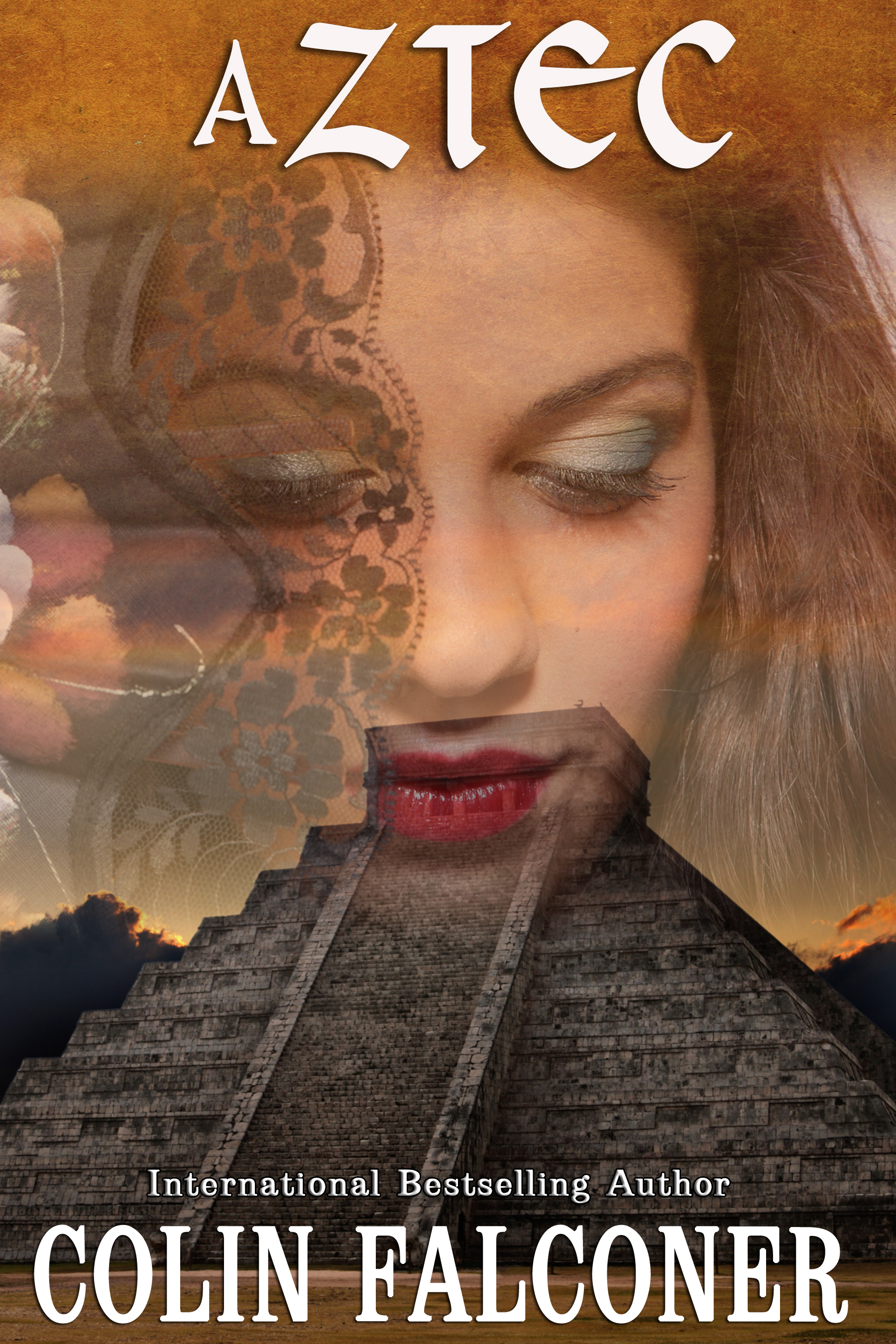
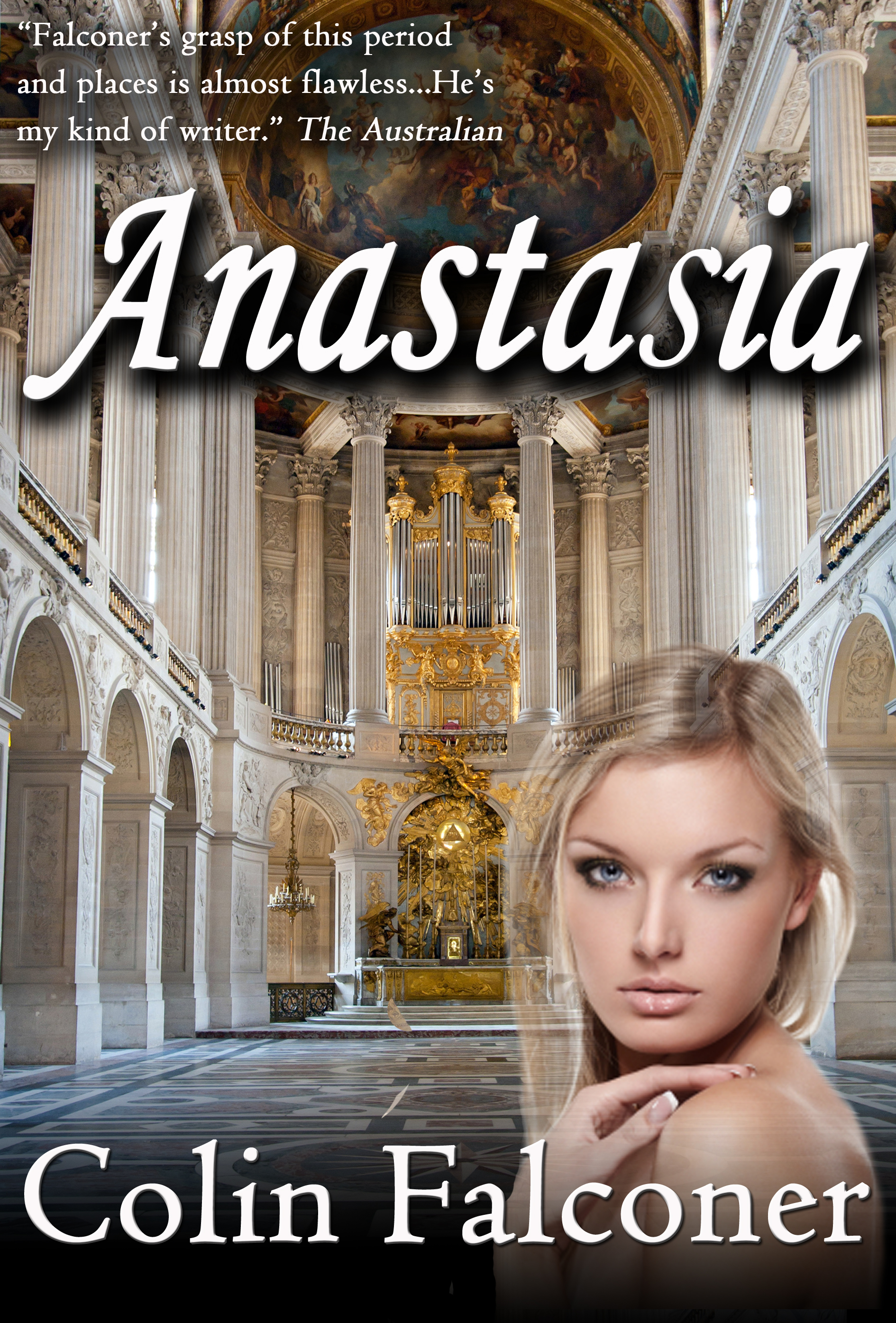
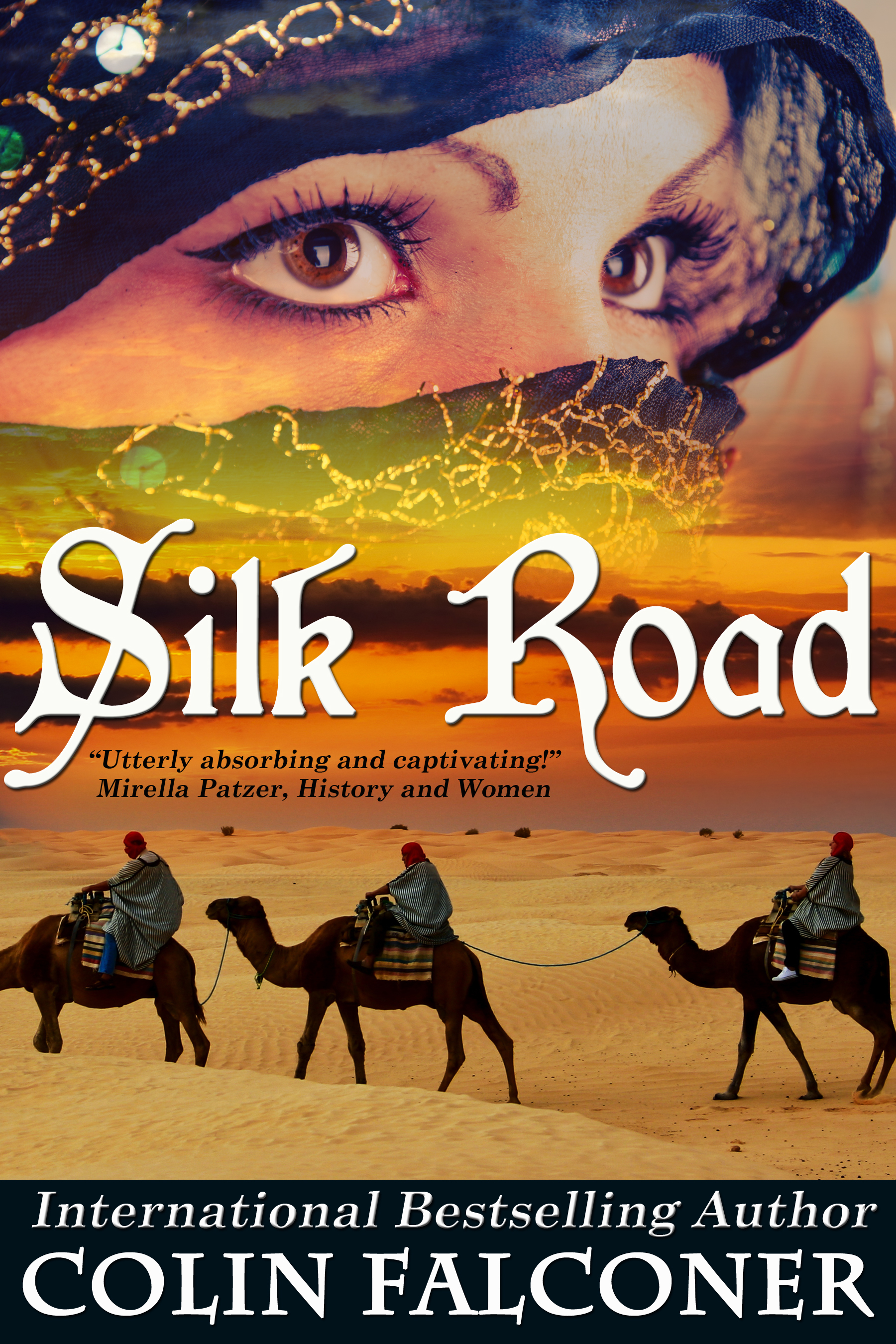
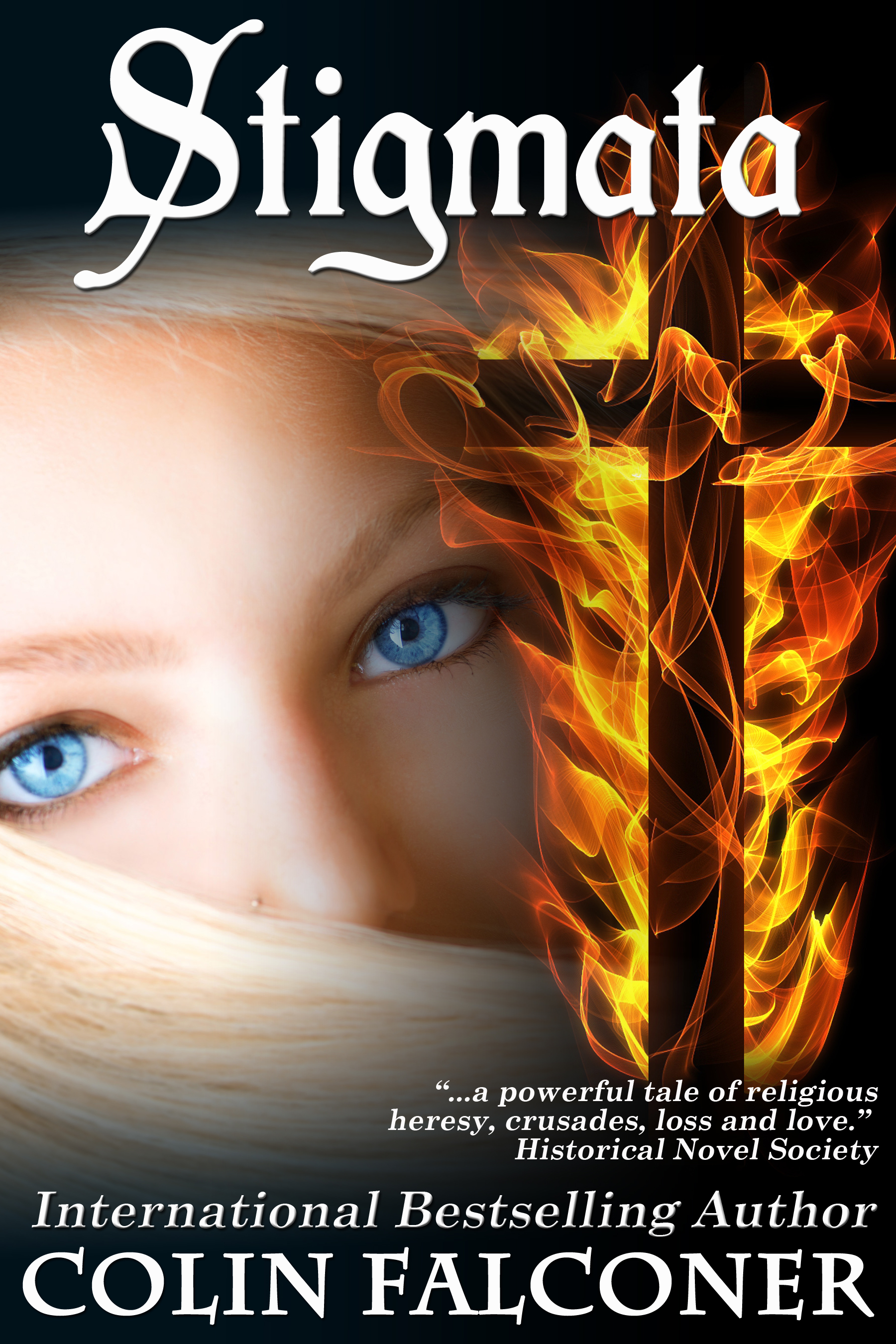
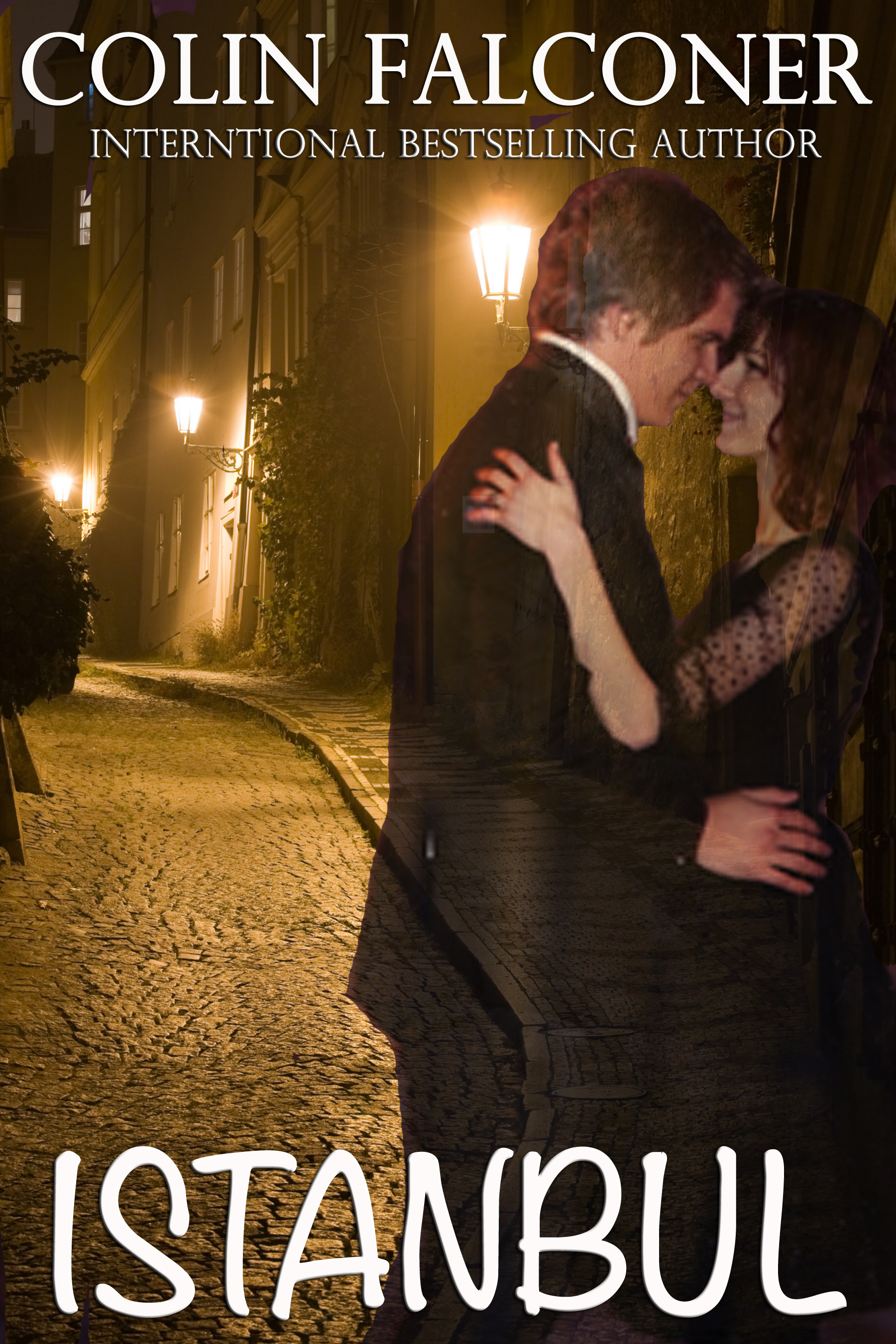

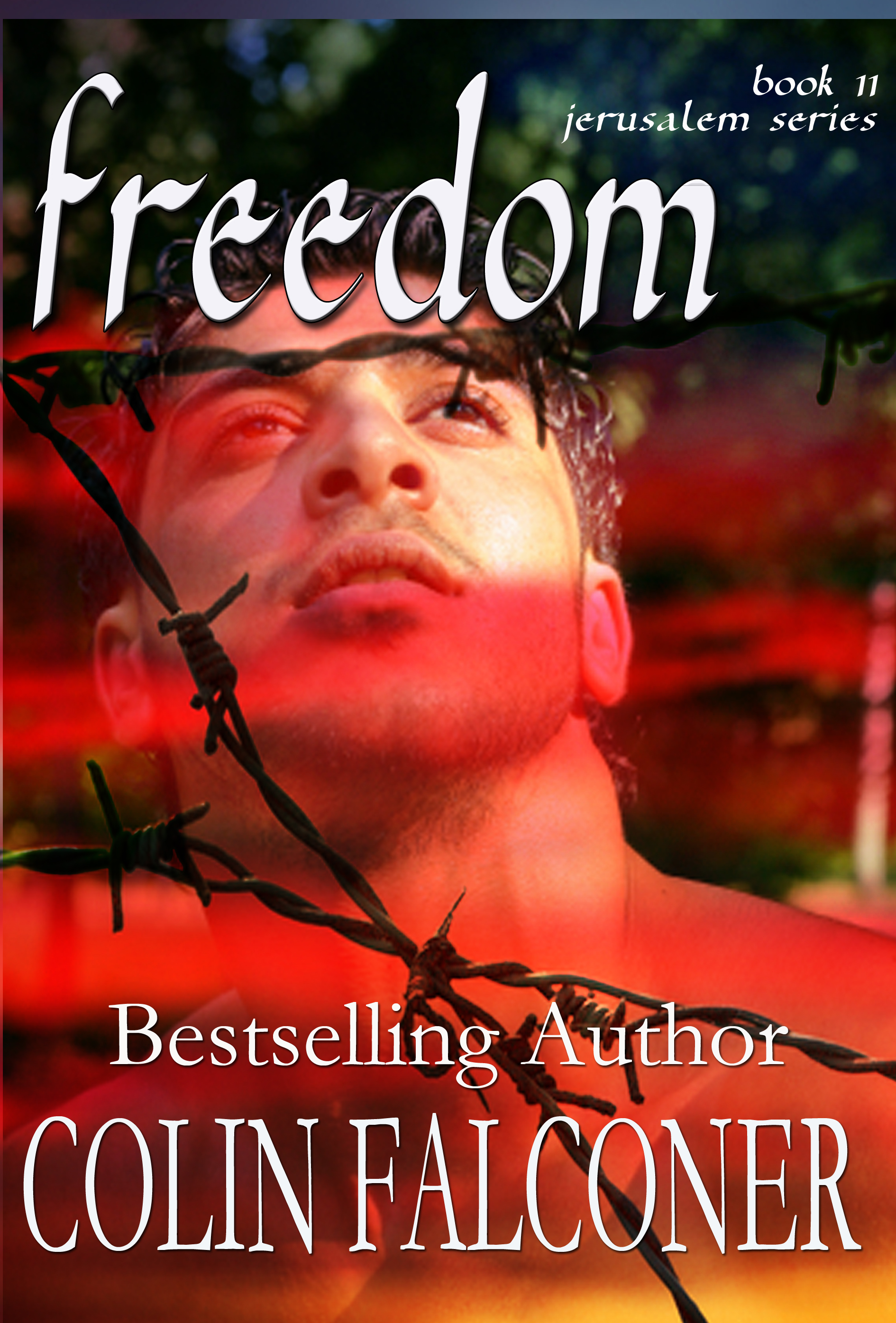


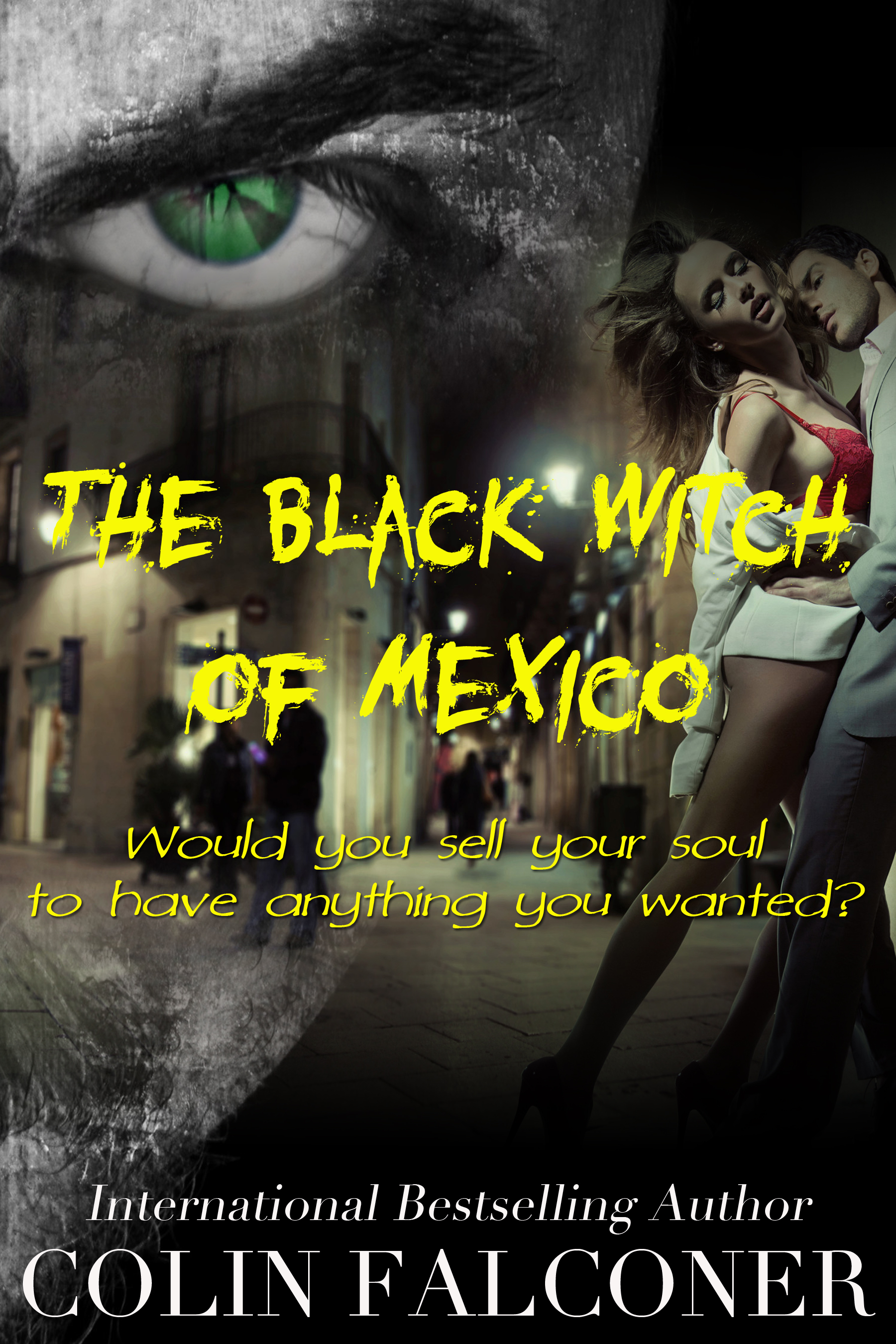


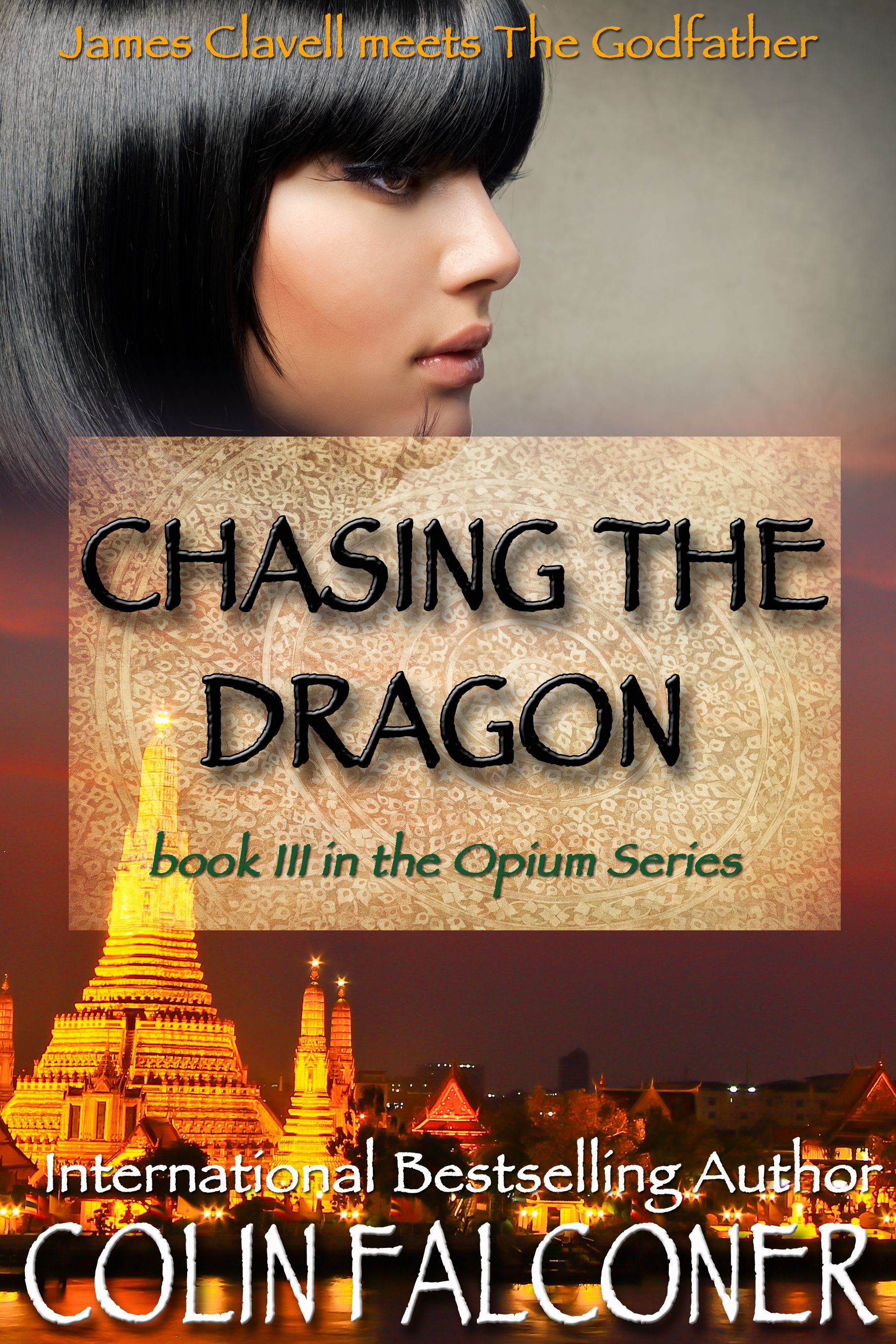
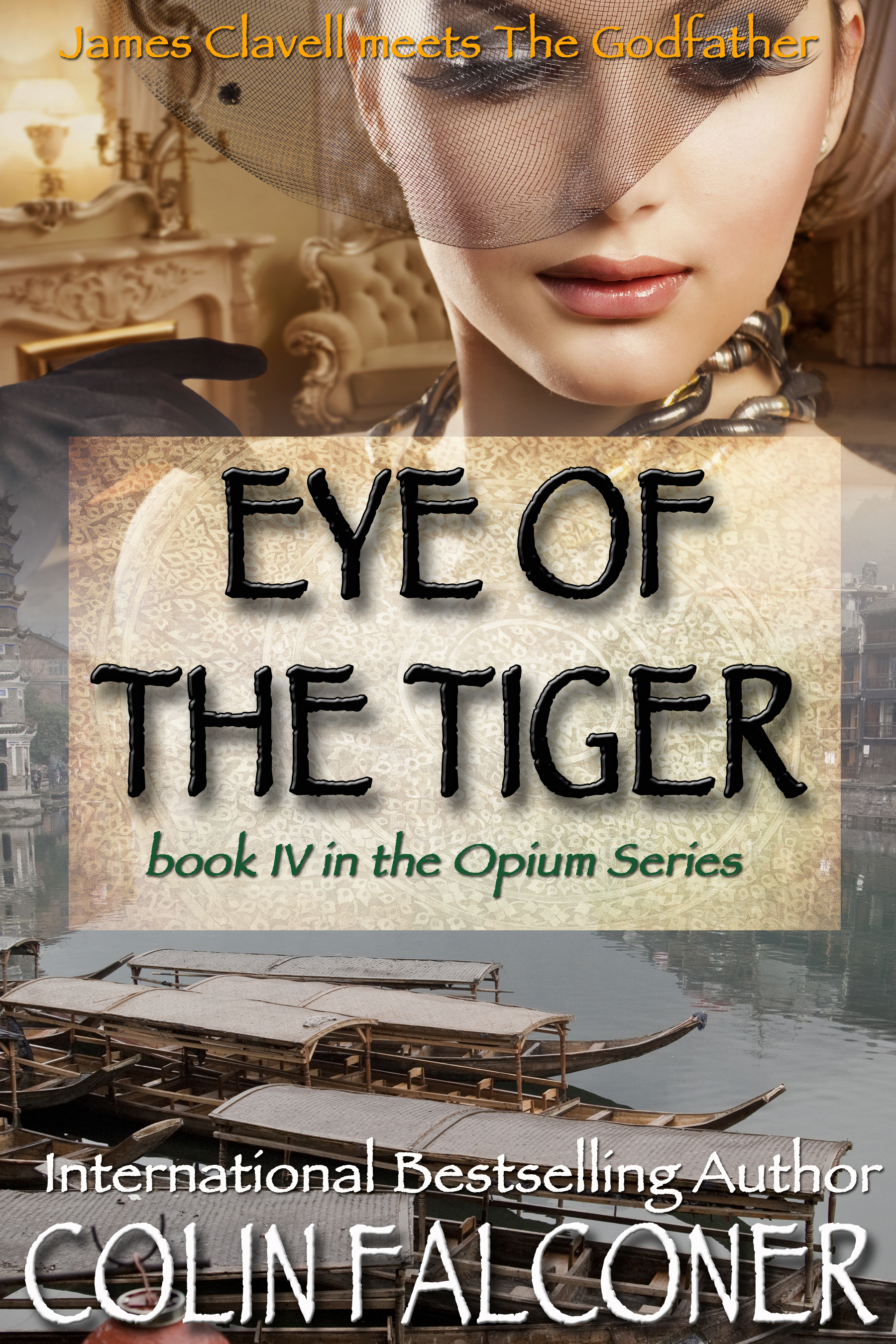
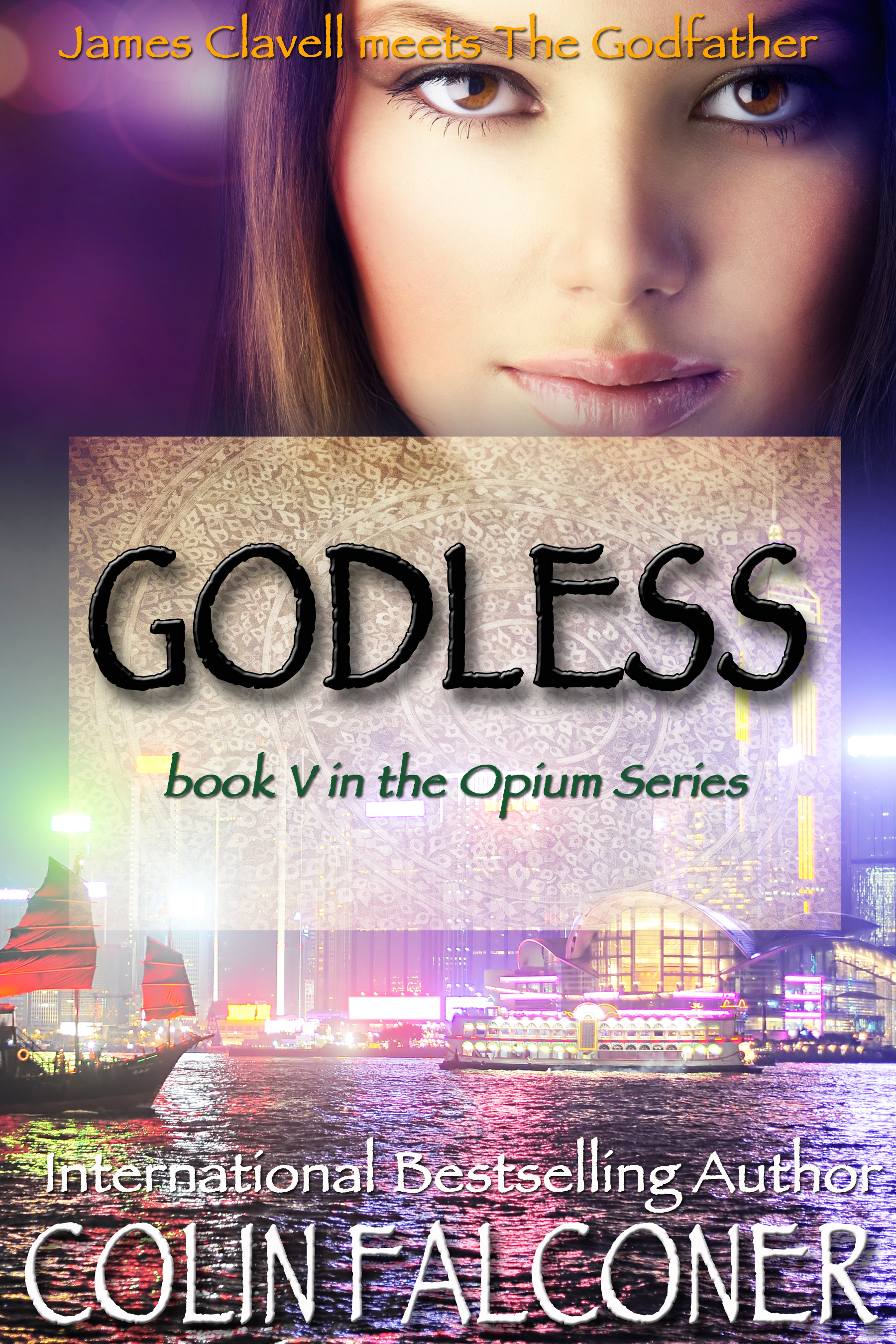
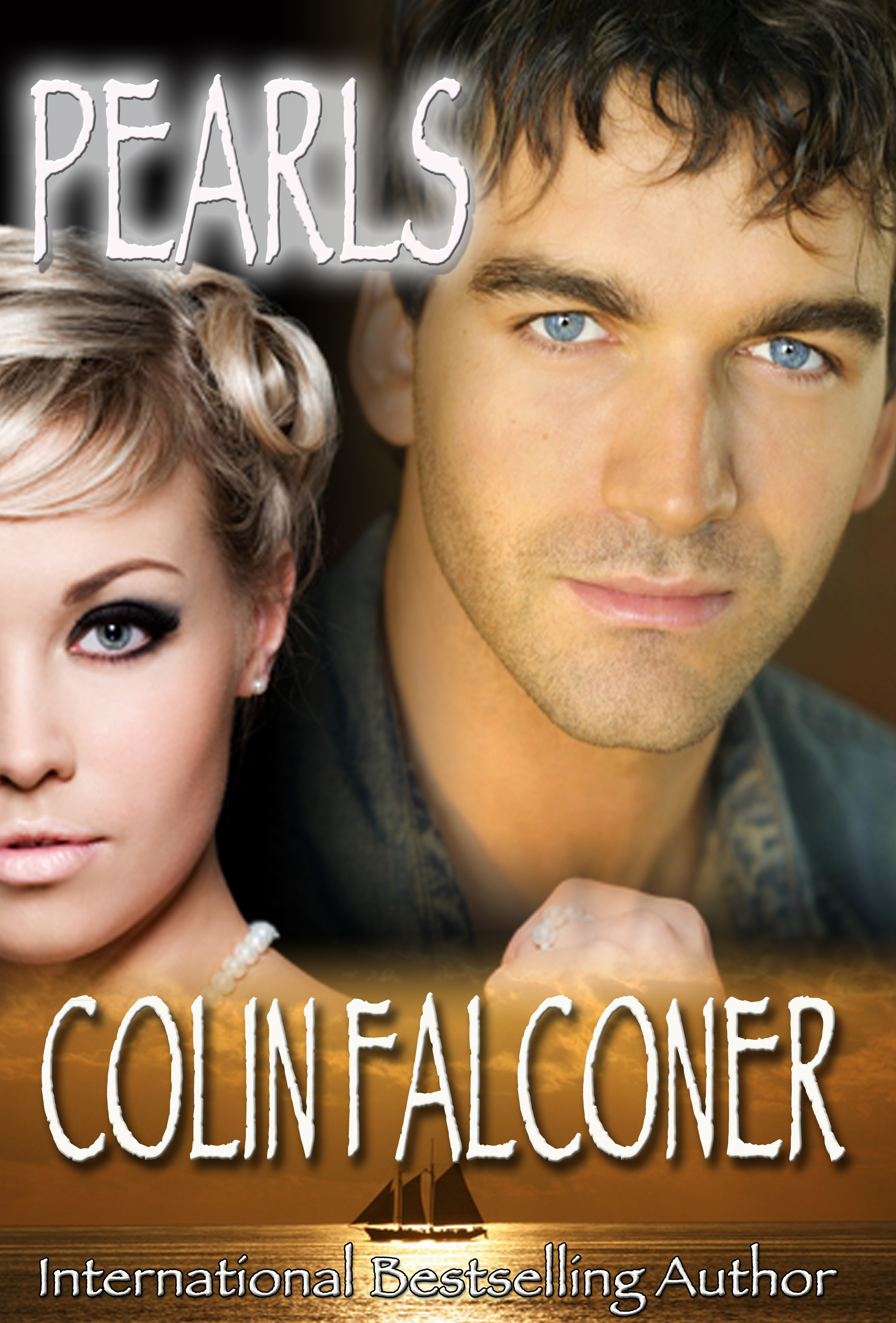

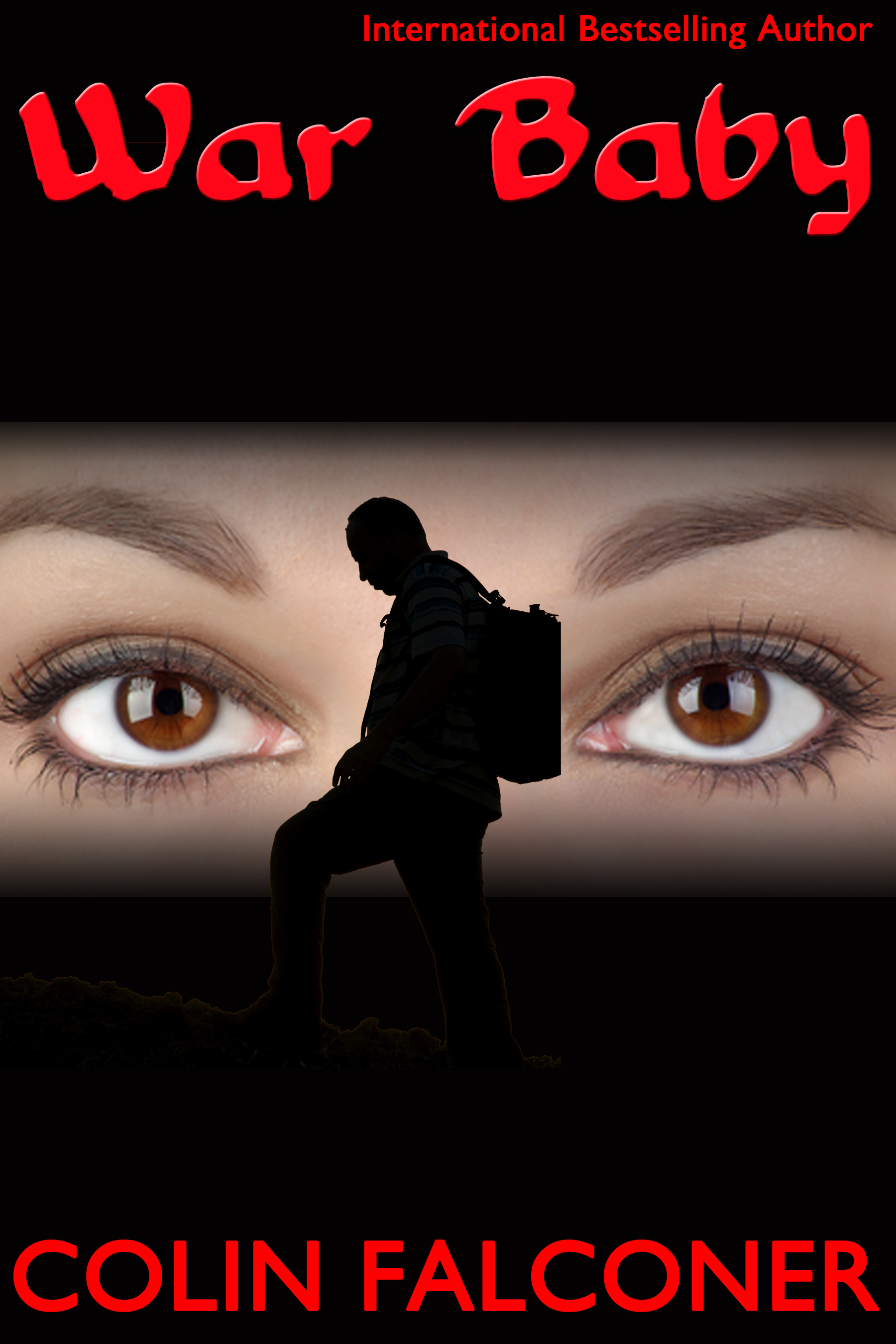

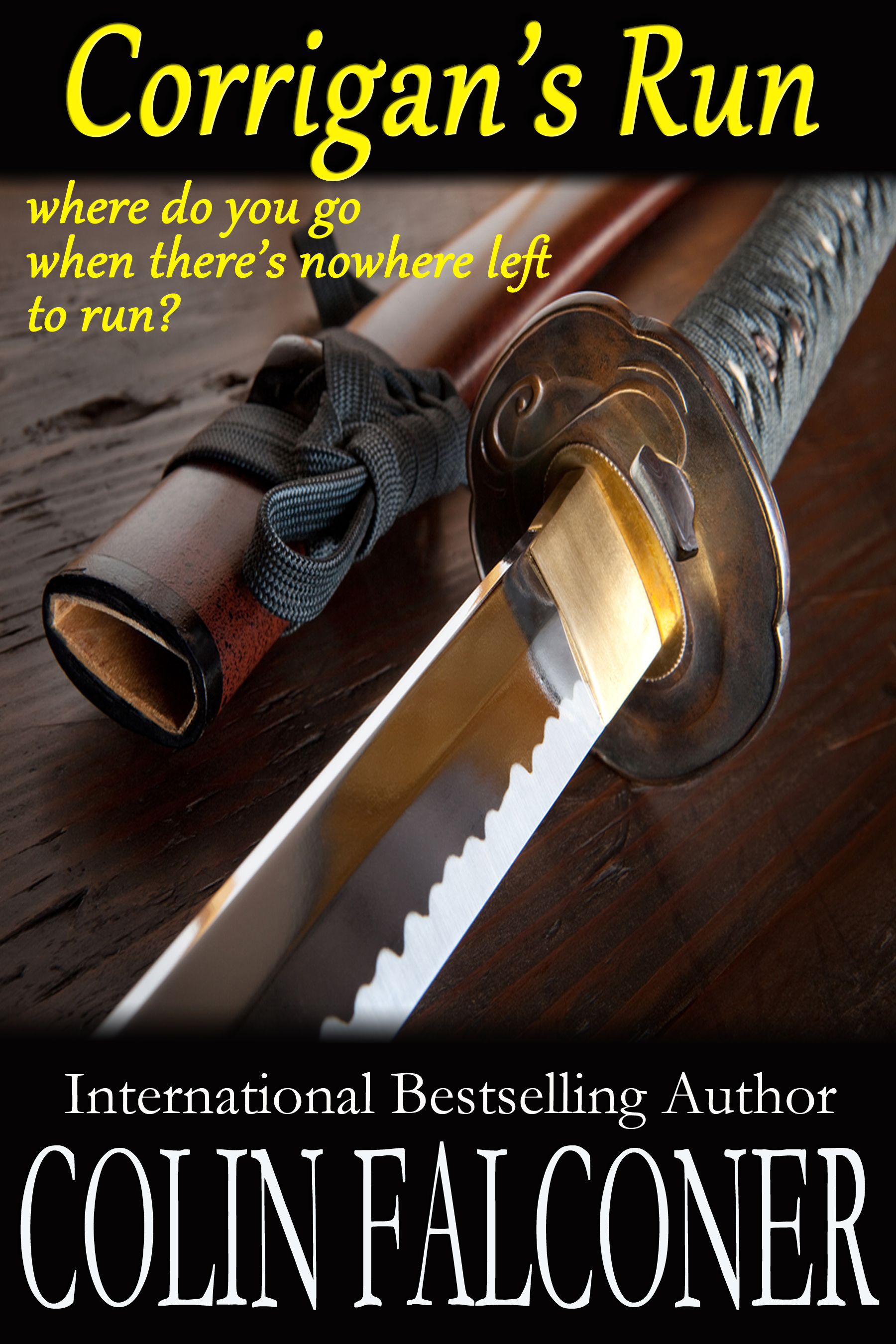
Once in a college English class I tried to argue that movies were the modern version of folktales. The prof didn’t buy it, but I still think I was right.
The prof has air in his head. I did a screenwriting course a little while ago with one of the writers from The Piano. She invited the audience to name any movie ‘and I’ll name the fairy tale it’s based on.’ It was fascinating - and enlightening. Look at how movies are ingrained into our common language: we all know what a bunny boiler is, for example, and we all quote from the Godfather. If he didn’t agree with you frankly, my dear, you shouldn’t give a damn. May the force be with you, Liv.
Colin this is very interesting.I read a lot, so from my point of view I am learning all the time and always looking for some new project to work on. Can’t wait for the 2nd part of this post.
Wow Colin, love this. Stories teach empathy, life lessons and more—Brothers Grimm and beyond!
Thanks Amy! And talking of the Brothers Grimm … one day it would be interesting to look how our folk stories and fairy tales have evolved, in line with how our common values change. Maybe another time.
Insightful post. I’ve been exploring the importance of stories as well on my blog. Now I can add empathy to the mix.
Loved, “the age a kid learns to tie their own shoes they learn to walk a mile in someone else’s.”
Yes and I didn’t even steal it from someone else! The empathy looks easy and is very hard. There’s a TV documentary stories over here that has the lead line: ‘Seven billion stories and counting’ because that’s how many POV’s there are.
Great post. Rumour has it I have a reasonable amount of empathy though doesn’t seem to have helped me with relationships! There’s always an exception I guess.. and an odd one out! Will keep on reading and writing. Wonder which fairy tale I’m writing at the moment or do only those stories make it to the movies. Hmm.. more food for thought.
I’m with you on that one; I was presenting what the researchers say but I’m not sure empathy always translates either. But that’s for another post! According to this screenwriter, and she presented a very persuasive case, it applies to all stories on some level. More of that on Monday with part 3 of my 2 part series!
You are a good teacher Colin. A very insightful post.
Empathy. That’s huge. But I wonder, if an author is unable feel empathy, will he/she be able to write a character that the reader can empathize with? Oops, I may be jumping ahead of the teacher! I’m off to read part two.
My guess is that a writer without much empathy will be writing mostly non fiction. That’s just a theory and happy to hear anyone’s take on that …,